Indonesia's elites respond to Pelosi's Taiwan visit
Indonesia has long pursued a free and independent foreign policy that does not take sides, says ISEAS academic Leo Suryadinata. However, with increased tensions in the Taiwan Strait, the diplomatic elites and experts in Indonesia have strongly objected to US House Speaker Nancy Pelosi's visit to Taiwan and criticised the US's "double standards" in its foreign policy. Indonesia will therefore need to weigh its interests and consider its gains and losses in the competition between the two superpowers.
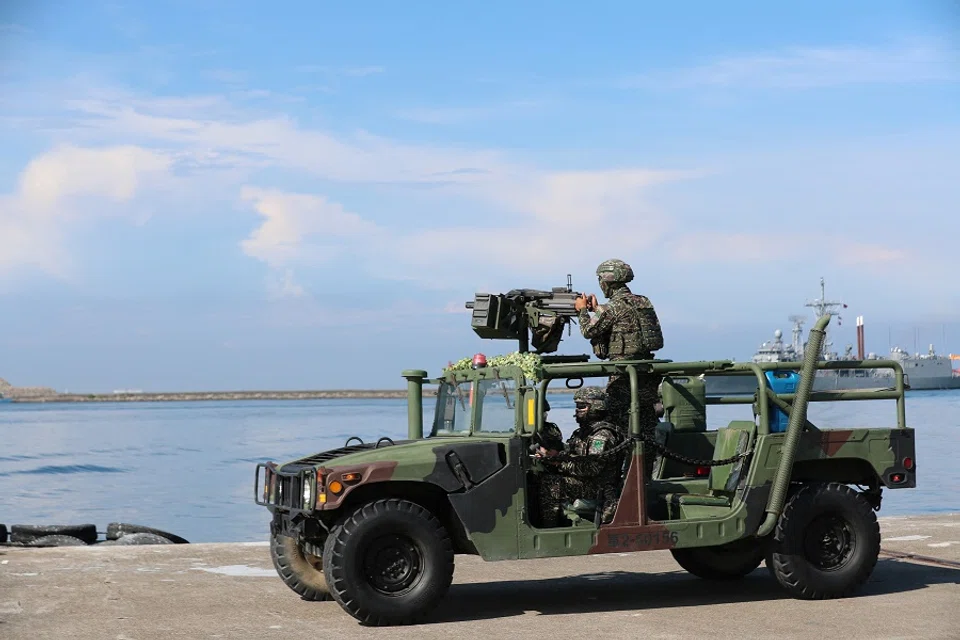
US House Speaker Nancy Pelosi's visit to Taiwan has drawn a strong response from Beijing and heightened tensions in the Taiwan Strait. After the ASEAN Foreign Ministers' Meeting in Phnom Penh, Cambodia, the ministers issued a joint statement urging all parties to exercise "maximum restraint" and "refrain from provocative action", as the world "is in dire need of wisdom and responsibility of all leaders to uphold multilateralism and partnership, cooperation, peaceful-coexistence and healthy competition for our shared goals of peace, stability, security and inclusive and sustainable development".
Free and independent foreign policy
Indonesia is the largest nation in Southeast Asia. On 3 August, its Ministry of Foreign Affairs spokesperson issued a statement similar in wording to the ASEAN statement, calling on China and the US (without mentioning names) to take practical steps to prevent the escalation of tensions. The statement said that "Indonesia is deeply concerned with the increasing rivalry among major powers. If not managed well, it may lead to open conflict and disrupt peace and stability, including in the Taiwan Strait."
It further reiterated that "the world is in dire need of wisdom and responsibility of all leaders to ensure that peace and stability are maintained". The final point of the statement states: "Indonesia continues to respect the 'One China Policy'."
Suharto probably believed that the China-Taiwan relations were similar to the Indonesia-Papua relations, and this notion has continued through to Jokowi.
Under President Joko ("Jokowi") Widodo's leadership, Indonesia has pursued a free and independent foreign policy and does not take sides. Indonesia intends to play the role of a powerhouse nation, and the Jokowi administration greatly values Indonesia's international image. Now into his second presidential term, Jokowi intends to strengthen Indonesia's role as a non-aligned nation as his political legacy.
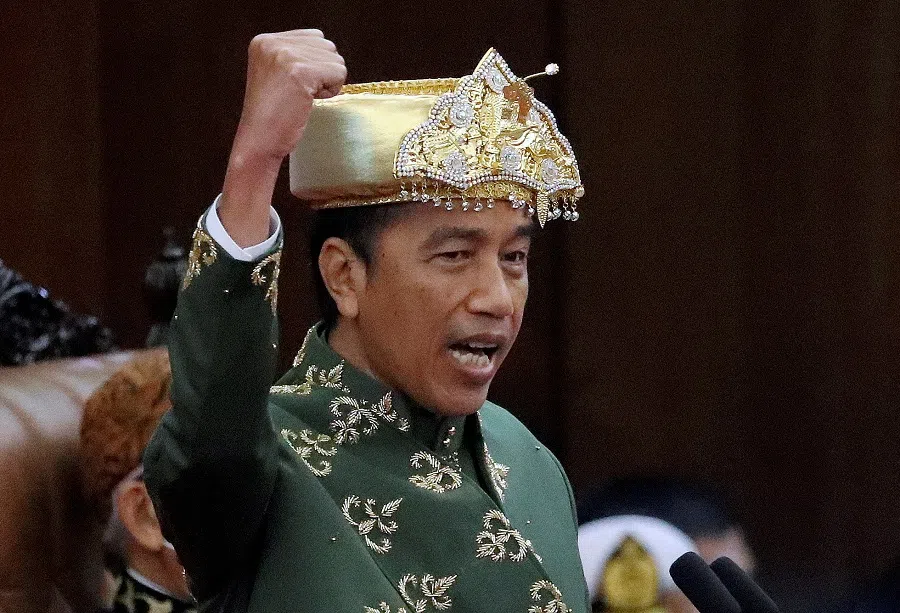
On the issue of Taiwan, Indonesia has always expressed its recognition of the "one China" principle. Even during the years when Jakarta severed diplomatic ties with Beijing and its relations with Taiwan improved, Indonesia did not give up on the "one China" principle. This could be due to Indonesian nationalism and the issue of West Irian (now known as Papua), which was officially integrated with Indonesia in 1969 after Suharto came to power. Suharto probably believed that the China-Taiwan relations were similar to the Indonesia-Papua relations, and this notion has continued through to Jokowi.
Furthermore, with the rise of Islam in Indonesia, many Indonesians do not like the US, who they feel is "hostile" towards Muslims.
Currently, most of the Indonesian elites are nationalistic despite being largely educated in the West. With the emergence of China, today's world is no longer solely dominated by the US. Indonesia has therefore begun to weigh its interests and consider its gains and losses in the competition between the two superpowers, to which Indonesia is unwilling to become a "vassal". Furthermore, with the rise of Islam in Indonesia, many Indonesians do not like the US, who they feel is "hostile" towards Muslims.
Diplomatic elites unhappy with Pelosi's Taiwan visit
With Pelosi's arrival in Taiwan triggering strong reactions from Beijing, the Indonesian media, including CNN Indonesia, Metro TV and Kompas, published videos discussing the matter. On 3 August, CNN Indonesia interviewed two Indonesian experts on international affairs, Dino Patti Djalal, the former Indonesian ambassador to the US, and Nur Rachmat Yuliantoro, a lecturer in international relations at Gadjah Mada University in Yogyakarta, Indonesia.
Dino believed that Pelosi's Taiwan visit was very hasty and unwise, adding that he did not know Pelosi's real intention. He cited and agreed with The New York Times' analysis that Pelosi's action was reckless and irresponsible because the visit would not change the current Taiwan situation but instead worsen it, plunging it into crisis.

Dino also said that US President Joe Biden had advised Pelosi to skip the Taiwan visit but could do nothing about it since Pelosi, as the House Speaker, was adamant to do so. Her action had heightened tensions in the China-US relations. Dino added that prior to Pelosi's visit, China had warned the US not to play with fire as it had violated China's core interests. If China did not respond strongly after Pelosi's Taiwan visit, China would lose face and the world may regard China as weak. Beijing must therefore retaliate and indeed commenced military exercises around Taiwan after Pelosi's departure.
Dino was worried that the incident's chain reaction may get out of control. He hoped that China and the US could exercise restraint. Most importantly, the officials of both nations must maintain communication to prevent incidents that may escalate into military confrontation. Although he believed that China and the US would not go to war and that the military exercises would abate, the damage caused by Pelosi to China-US relations could not be remedied in the short term.
Rachmat shared Dino's opinion. He believed that Pelosi was sembrono - meaning very reckless in Javanese - and did a "stupid thing" and that her Taiwan visit had aggravated China-US relations. What is the objective when the US is already going nowhere with the Russia-Ukraine war? This further deterioration in China-US relations has affected global and regional stability. Rachmat hoped that the situation would not continue to worsen, pointing out that fortunately both superpowers are reluctant to go to war at this stage but the relations have been further damaged.
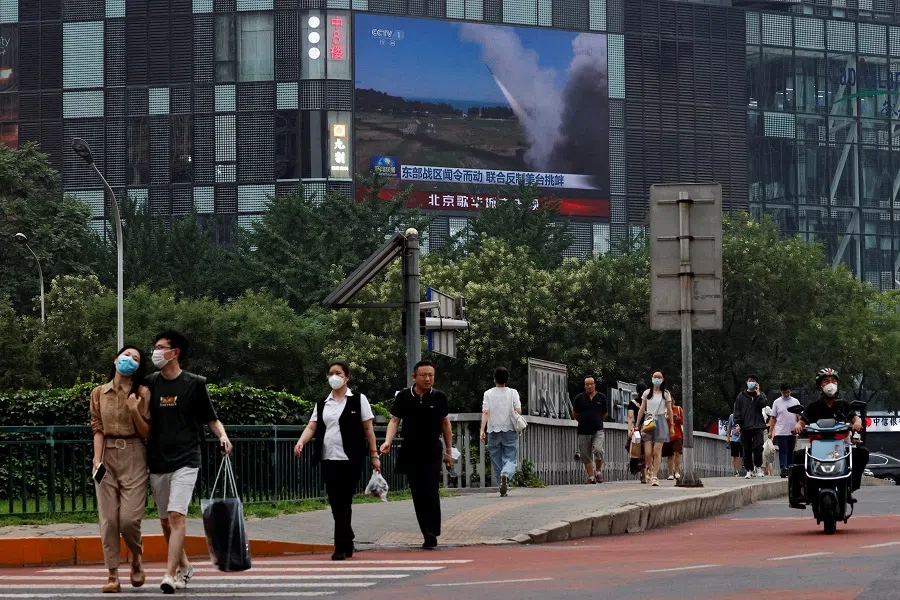
When asked by the CNN Indonesia host whether China has formed an alliance with Russia and North Korea to deal with the US, Rachmat denied this and said this is because allies in military alliances in the West would join in the fray when one is attacked. In fact, China has not formed military alliances with other nations.
... the US has continuously stirred trouble in many regions, with its support of Ukraine's entry to NATO as a recent example that led to Russia's invasion of Ukraine. - Hikmahanto Juwana, Professor of international relations, University of Indonesia
Pro-Russia and anti-US sentiments
Notably, on the same day, Indonesia's Antara News Agency reported that Hikmahanto Juwana, a professor of international relations at the University of Indonesia, also indicated that Pelosi's Taiwan visit had caused tension and affected peace and stability in the region, and that Indonesia would in time be affected.
He suggested that the Indonesian government issue a statement expressing regret over Pelosi's Taiwan visit. Hikmahanto explained that the US's recent actions have affected regional stability. First, the US has continuously stirred trouble in many regions, with its support of Ukraine's entry to NATO as a recent example that led to Russia's invasion of Ukraine.
Second, the US exercises "double standards" in its foreign policy, sanctioning Luhansk and Donetsk for breaking away from Ukraine on the one hand, while allowing Pelosi to support Taiwan's pro-independence stance on the other. Third, Pelosi's Taiwan visit would urge China to form an alliance with Russia to jointly deal with US provocation, thereby threatening global security and stability as the Russia-Ukraine war continues and causes long-term suffering to the people.
Indonesia must watch the US as a hegemon that has formulated the Indo-Pacific strategy and is involved in the Quad and AUKUS, which are military alliances that target not only China but also Indonesia. - Indonesian military and security expert Connie Rahakundini Bakrie

Indonesian military and security expert Connie Rahakundini Bakrie has also spoken at length to criticise Pelosi's Taiwan visit. Often interviewed by TV stations, she is known for making sensational remarks. In a Metro TV interview, Connie publicly criticised Pelosi's Taiwan visit as a sign that the US has abandoned the "one China" principle and supports Taiwan's independence. She believed that the objective of Pelosi's Taiwan visit was to seek an exit strategy for the US's failure in Ukraine.
Connie believed that the US and its allies have failed to defeat Russia in Ukraine and are now finding solutions for the current energy shortage in Europe and seeking a diversion by shifting the "battlefield" to Taiwan. She believed that Indonesia should condemn Pelosi's action as it was a blatant interference in another nation's domestic affairs. She also said that just as the US was causing problems in the Taiwan issue, it will soon do likewise in the Indonesia-Papua issue, against which Indonesia must take precautions. Indonesia must watch the US as a hegemon that has formulated the Indo-Pacific strategy and is involved in the Quad and AUKUS, which are military alliances that target not only China but also Indonesia. Consequently, Indonesia should be extra cautious.
Connie believed that Indonesia should conduct military exercises with China and Russia, on top of the joint-exercise Garuda Shield with the US, so as to give full play to its truly free and independent foreign policy. Throughout this interview, she made no mention of China's activities in the South China Sea and Indonesia's exclusive economic zone.
Based on the above, in consideration of Indonesia's dream of powerhouse status, it is understandable that many Indonesian diplomatic elites do not support Pelosi's Taiwan visit at all. Even Dino, former Indonesian ambassador to the US and regarded as pro-US, disagreed with Pelosi's recklessness. More interestingly, the statement by the Indonesian Ministry of Foreign Affairs indicates that "the world is in dire need of wisdom and responsibility of all leaders to ensure that peace and stability are maintained", seemingly alluding to Pelosi's lack of the same, which has destabilised the situation.
Related: China cannot afford to be impulsive on Taiwan | SEA's great power 'neutrality' risks being pro-China and anti-US | When a lack of US-China dialogue on Taiwan might lead to war | The 'one China' policy of Southeast Asian countries | The lasting impact of Pelosi's Taiwan visit on Southeast Asia
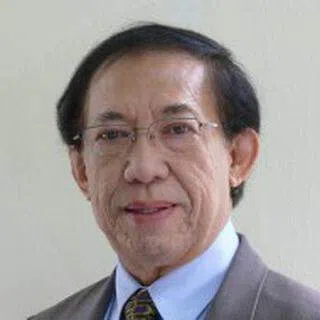
![[Big read] Paying for pleasure: Chinese women indulge in handsome male hosts](https://cassette.sphdigital.com.sg/image/thinkchina/c2cf352c4d2ed7e9531e3525a2bd965a52dc4e85ccc026bc16515baab02389ab)
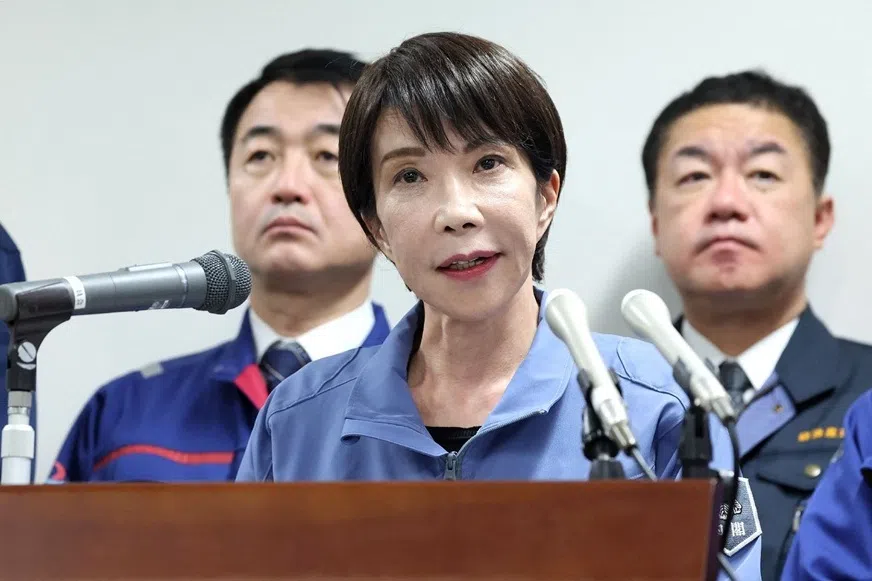
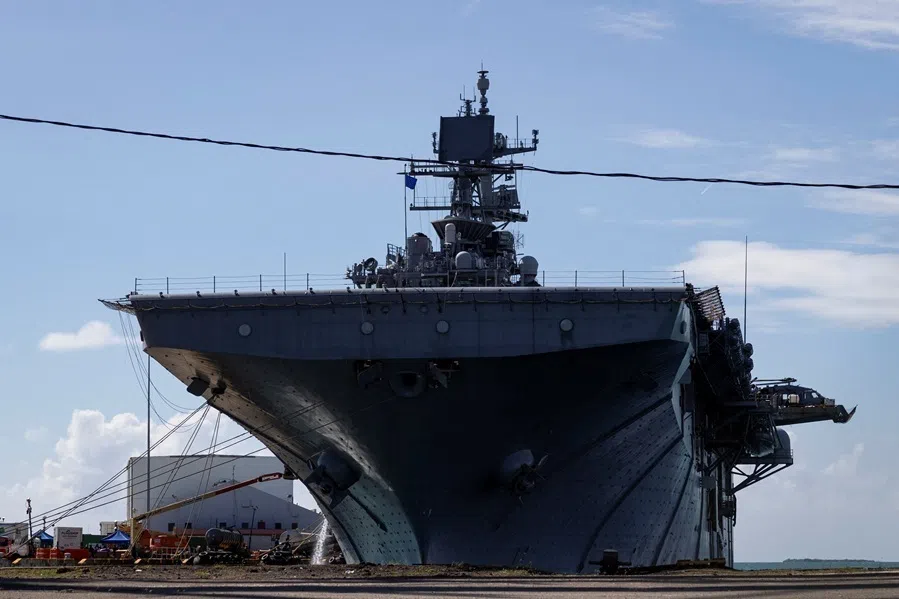
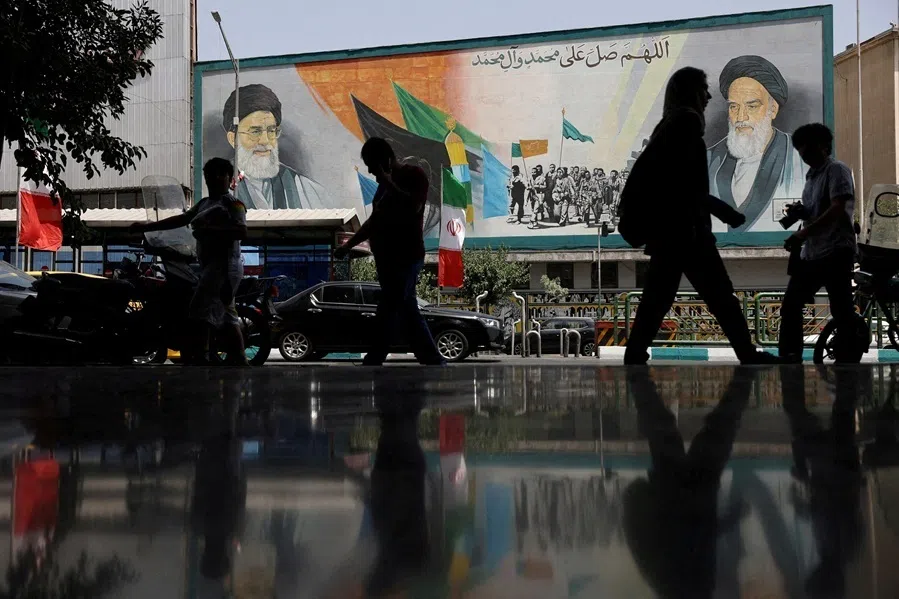
![[Big read] How UOB’s Wee Ee Cheong masters the long game](https://cassette.sphdigital.com.sg/image/thinkchina/1da0b19a41e4358790304b9f3e83f9596de84096a490ca05b36f58134ae9e8f1)